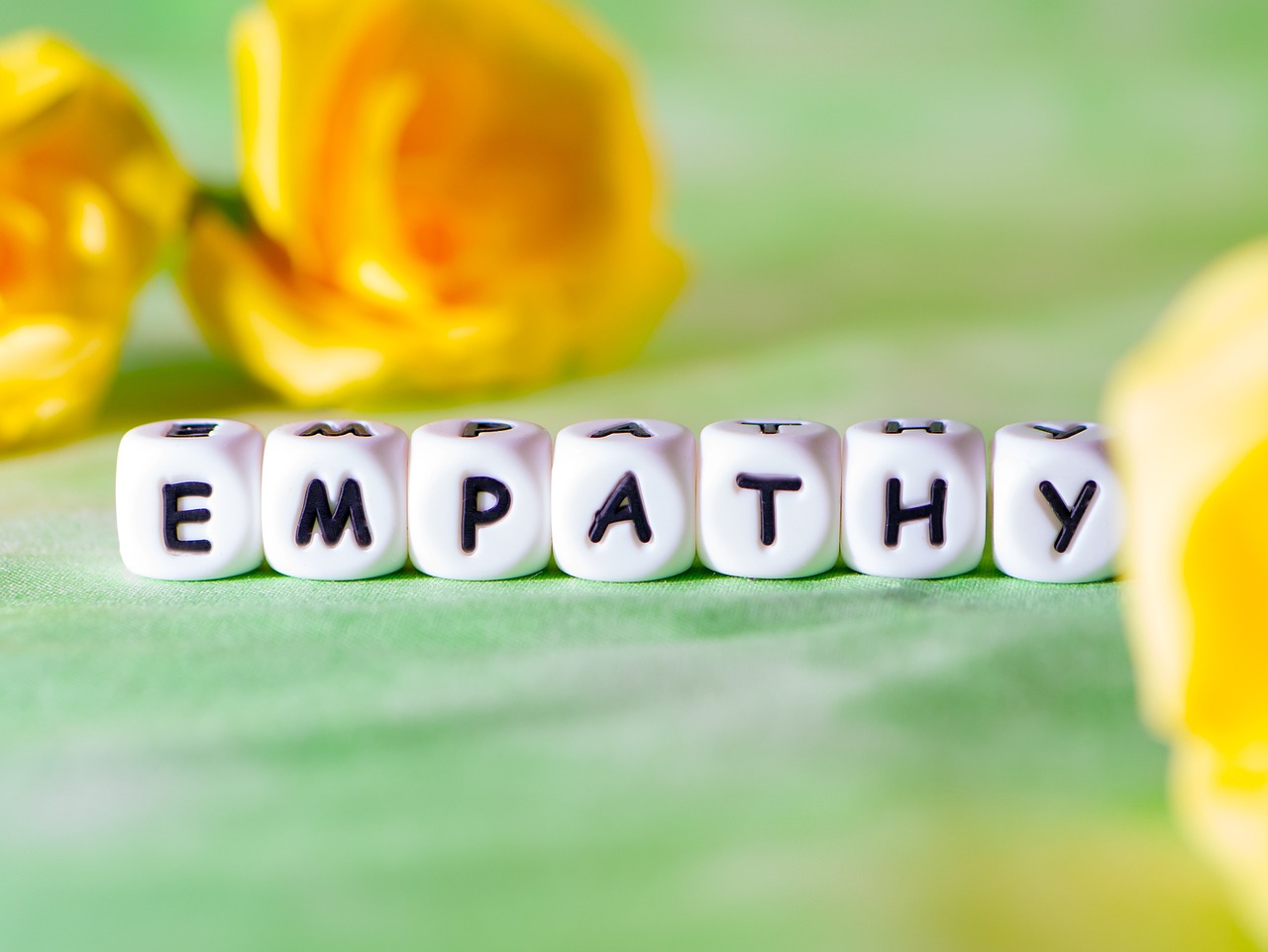10 Surprising Reasons Why You Are Craving Empathy

Empathy, the ability to understand and share the feelings of another, is a fundamental human need. It plays a crucial role in establishing strong relationships, fostering compassion, and promoting social harmony. In a world that often feels disconnected and fraught with misunderstandings, the craving for empathy is more pronounced than ever. Below, we explore ten reasons why individuals may deeply crave empathy in their interactions and lives.
Why Am I Craving Empathy?
1. Enhances Emotional Connection
The craving for empathy stems from a deep-seated desire to feel emotionally connected to others. Empathy allows individuals to sense that their feelings are understood and valued by someone else, which can be incredibly affirming and comforting. This emotional connection is foundational for building trust and fostering strong, meaningful relationships.
Without empathy, interactions can become superficial and detached, leaving individuals feeling isolated and misunderstood. The human psyche thrives on connection, and empathy is the bridge that links one person’s emotional experience to another’s. It reassures us that we are not alone in our experiences, which is a powerful antidote to the loneliness and segmentation prevalent in today’s society.
2. Promotes Compassion and Understanding
Empathy is the cornerstone of compassion and understanding. It enables people to see beyond their own perspective and appreciate the circumstances and challenges that others face. This understanding can foster a more compassionate world, where individuals are more inclined to help and support each other.
In the absence of empathy, it becomes easy to overlook the struggles of others and to dismiss their feelings as unimportant or exaggerated. This lack of understanding can lead to conflict, resentment, and a breakdown in social cohesion. Craving empathy is craving a world where people genuinely care for each other’s well-being.
3. Reduces Feelings of Judgment
When empathy is present, individuals feel less judged for their thoughts, feelings, and actions. Empathy encourages an open and non-judgmental space where people can express themselves freely and be met with understanding rather than criticism. This can be particularly liberating for those who often feel marginalized or misunderstood.
The fear of judgment can be paralyzing, preventing individuals from sharing their true selves with others. Empathy breaks down these barriers, fostering an environment where everyone can feel safe to be authentic. It validates the complexity of human emotions and experiences, making it easier for people to open up and connect with others on a deeper level.
4. Encourages Emotional Healing
Empathy has the remarkable ability to facilitate emotional healing. By feeling understood and supported, individuals can process their emotions more effectively and begin to heal from past hurts. Empathy provides a sense of solidarity and comfort, reminding us that we are not alone in our struggles.
Without empathy, emotional wounds can fester, leading to bitterness, resentment, and a sense of isolation. The healing power of empathy lies in its ability to acknowledge and validate someone’s pain, offering a path toward recovery and growth. It’s a crucial element in overcoming adversity and finding peace.
5. Builds Stronger Communities
Empathy is essential for building stronger, more cohesive communities. It encourages individuals to look beyond their own needs and consider the welfare of the group. Communities founded on empathy are characterized by mutual respect, cooperation, and a shared sense of purpose.
In contrast, communities lacking in empathy can become fragmented and hostile, with members prioritizing their own interests at the expense of others. Empathy acts as a unifying force, bringing people together to work towards common goals and support one another through challenges.
6. Enhances Conflict Resolution
Empathy plays a key role in resolving conflicts. By understanding the perspectives and emotions of all parties involved, individuals can find common ground and work towards solutions that are acceptable to everyone. Empathy facilitates open communication and compromises, essential components of effective conflict resolution.
Without empathy, conflicts can escalate, leading to resentment and ongoing disputes. The ability to empathize with another’s position can transform a confrontation into a constructive dialogue, paving the way for reconciliation and stronger relationships.
7. Fosters Personal Growth
Craving empathy is also about craving personal growth. Empathy challenges individuals to step outside their comfort zones and consider different viewpoints. This can lead to a deeper understanding of oneself and others, promoting personal development and emotional maturity.
The journey of understanding others’ emotions and perspectives can be enlightening, revealing biases and encouraging self-reflection. It’s through empathy that individuals can grow more compassionate and open-minded, qualities that are invaluable in an ever-changing world.
8. Improves Communication
Effective communication is often predicated on empathy. It allows individuals to convey their thoughts and feelings in a way that is sensitive to the emotions of others. Empathy encourages active listening, where the focus is on understanding the speaker’s message and emotions, rather than simply waiting to respond.
Poor communication can lead to misunderstandings and conflict, whereas empathetic communication builds bridges of understanding. It ensures that conversations are not just exchanges of information but opportunities for deeper connection and mutual respect.
9. Reduces Stress and Anxiety
Empathy can significantly reduce stress and anxiety. Knowing that one is understood and not alone in their feelings can provide immense relief and comfort. It creates a supportive environment where individuals can share their worries and stresses without fear of judgment or dismissal.
In a world that often feels chaotic and indifferent, empathy provides a haven of calm and understanding. It’s a reminder that despite our differences, we share common experiences and emotions, providing a sense of unity and peace.
10. Encourages Altruism and Volunteerism
Finally, craving empathy is linked to a desire for a more altruistic society. Empathy motivates individuals to take action and help those in need. It’s the driving force behind volunteerism and charitable acts, as people feel compelled to alleviate the suffering of others.
Altruistic behaviors have a ripple effect, inspiring others to act kindly and compassionately. In this way, empathy not only benefits the recipient but enriches the giver’s life, creating a cycle of kindness and generosity that can transform communities and societies.




